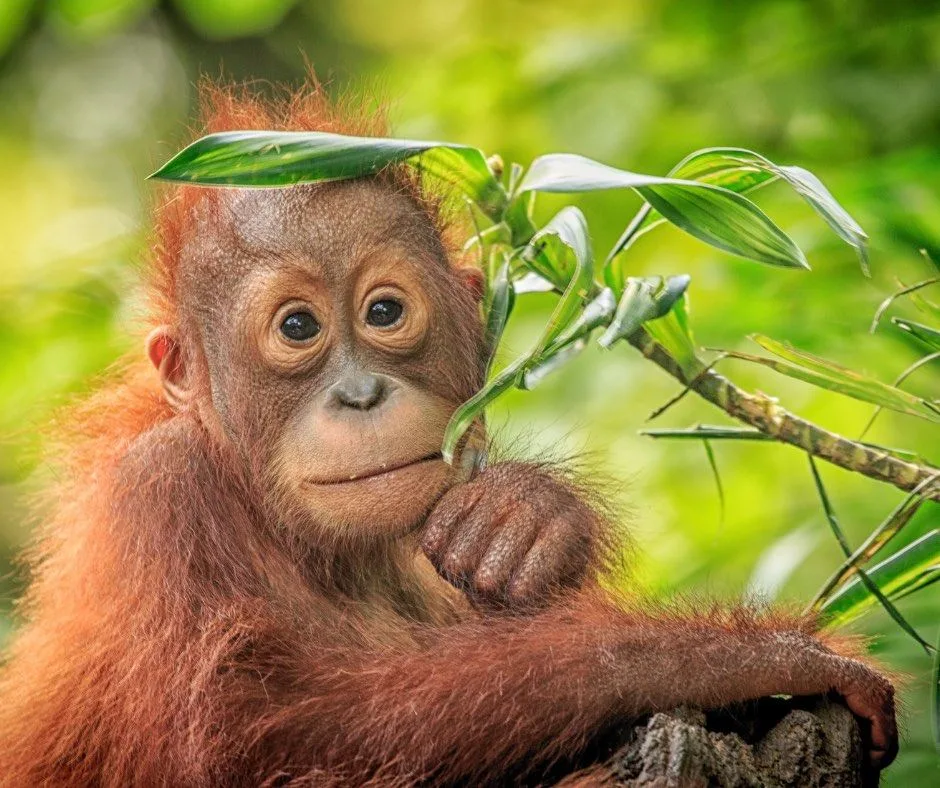Green is the new black and with consumers becoming more sustainably concious, brands, businesses and corporations are pulling out all the advertising stops to prove their green credentials. They’re throwing out buzzwords like sustainable and ethical with every chance they can, but just how accurate are these claims? Are brands really doing the necessary industrial work to curb their influence on climate change? Or are they using a valid fear of the climate crisis to earn a profit? Are brands actually climate concious, or are they simply greenwashing?
What exactly is greenwashing?
Greenwashing is a marketing tactic that companies have adopted as more consumers become environmentally conscious. In order to maintain customers, as well as avoid being called out for environmentally harmful practices, brands present themselves, and their products, as being more environmentally positive than they actually are.
The term greenwashing was first coined in the 19080s by environmental activist Jay Westerveld. Westerveld was at a hotel when he saw a sign that asked guests to reuse their towels as it was more environmentally friendly. He soon noted that instead of looking for other ways to be more environmentally conscious, the hotel was asking guests to reuse their towels in order to save money, all while hiding behind green labeling.
Westerveld is not the only person to call out greenwashing. In the inaugural issue of Vogue Scandinavia, environmental activist Greta Thunberg used her cover story to call out the fashion industry for its role in greenwashing,
“Many are making it look as if the fashion industry are starting to take responsibility, by spending fantasy amounts on campaigns where they portray themselves as ‘sustainable’, ‘ethical’, ‘green’, ‘climate neutral’ and ‘fair’” she wrote on her social media page“But let’s be clear: This is almost never anything but pure greenwashing. You cannot mass produce fashion or consume ‘sustainably’ as the world is shaped today. That is one of the many reasons why we will need a system change.”
Is greenwashing illegal?

Photo by Photo Boards on Unsplash
Not exactly. While different bodies exist to protect consumers and hold brands responsible for any “deceptive and unfair business practices through law enforcement, advocacy, and education.“, greenwashing doesn’t necessarily entail that.
This is because greenwashing uses vague statements and while brands may withhold certain information in order to appear more sustainable, that’s not technically illegal.
If it’s not illegal, then what’s the problem?
Aside from the fact that brands are literally lying to you, greenwashing also tricks you into spending more money than you need to (which is something we should not be doing, especially in a COVID-19 economy).
Brands understand that consumers are willing to pay an extra dollar if they feel that they’re getting eco-friendly goods. In fact, a lot of companies even hike up the prices for their greenwashed products. Moreover, the manufacturing of these products is likely not the kindest on the environment yet the demand for them, as a result of greenwashing, continues to increase so brands will continue to make them, which in turn spells disaster for the planet.
Greenwashing also draws attention away from the areas that need to be attended to, especially if we want to properly address the very real climate crisis.
Who is guilty of greenwashing?
As Greta Thunberg pointed out, the fashion industry is definitely one of the biggest culprits when it comes to greenwashing, probably because it’s one of the biggest polluters on the planet.

Photo by Francois Le Nguyen on Unsplash
However, there are a few others that are guilty of this unethical business practice. The food industry is also another guilty party. Their greenwashing habits likely stem from consumers realizing how sustainable a plant-based diet can be.
If there’s one brand that’s been regularly called out for its greenwashing, then it’s definitely Coca-Cola. On their website, the beverage uses claims like “scaling sustainable solutions….and investing in sustainable packaging platforms to reduce our carbon footprint,”. This would all be well and good if the company hadn’t been named the top plastic polluter in the world three years in a row. As a result of their greenwashing practices, the multinational has been sued by the environmental organization Earth Island Institute for misleading consumers;
“It is Coca-Cola, not consumers, that chooses to use chart-topping amounts of plastic for its products. It is time this company is held accountable for deceiving the public. The company needs to come clean and be honest with consumers”, said Sumona Majumdar, general counsel of the Institute.
Greenwashing red flags
So how do you know if a company is guilty of greenwashing? Well, there are a few notable red flags such as:
- Vague claims without concrete proof or certification to back up said claims
- Brands claiming to be 100% sustainable even though sustainability has no measuring scale
How can I avoid being sustainably duped?
Yes, corporations and governments are mostly responsible for the climate crisis. However, this doesn’t mean that consumers can’t make an effort to live sustainably. However, this can be hard to do when brands continue to exploit our climate fears.
That said, there are a few ways that you can stay a step ahead of these unethical brands and ruin their days without ruining the planet.
These include:
- Doing your research on a company. You need to make sure that both the products and the actual manufacturing, are as sustainable as they claim to be
- Be wary of green buzzwords like ‘conscious’ and ‘sustainable’. If you come across them, do your research.
- If a brand is as sustainable as they claim to be, then it’ll definitely have a verification sticker from environmental auditing organizations like Fairtrade, SCS Global Services, PETA, and Vegan Action.
- Looking for transparency. If they are conscious, then a brand will be able to share specifics about their sustainable policies in detail.
- Thrift and buy less. Sometimes the best thing you can do is buy second-hand or even buy nothing at all. Even if a product is sustainable, it still requires energy to produce. As such, it’s best to manage your buying habits.

Want to know more?
Palm oil production is blamed for Borneo’s disappearing rainforest. It’s accused of destroying wildlife habitats, including those of the orangutan. Their lost habitat has become the face of a global anti-palm oil movement.
However, Dr. Nathan Sen sees glimmers of hope that may cause people to have a different perspective on the palm oil controversy.





![women [longevity live]](https://longevitylive.com/wp-content/uploads/2020/01/photo-of-women-walking-down-the-street-1116984-100x100.jpg)










